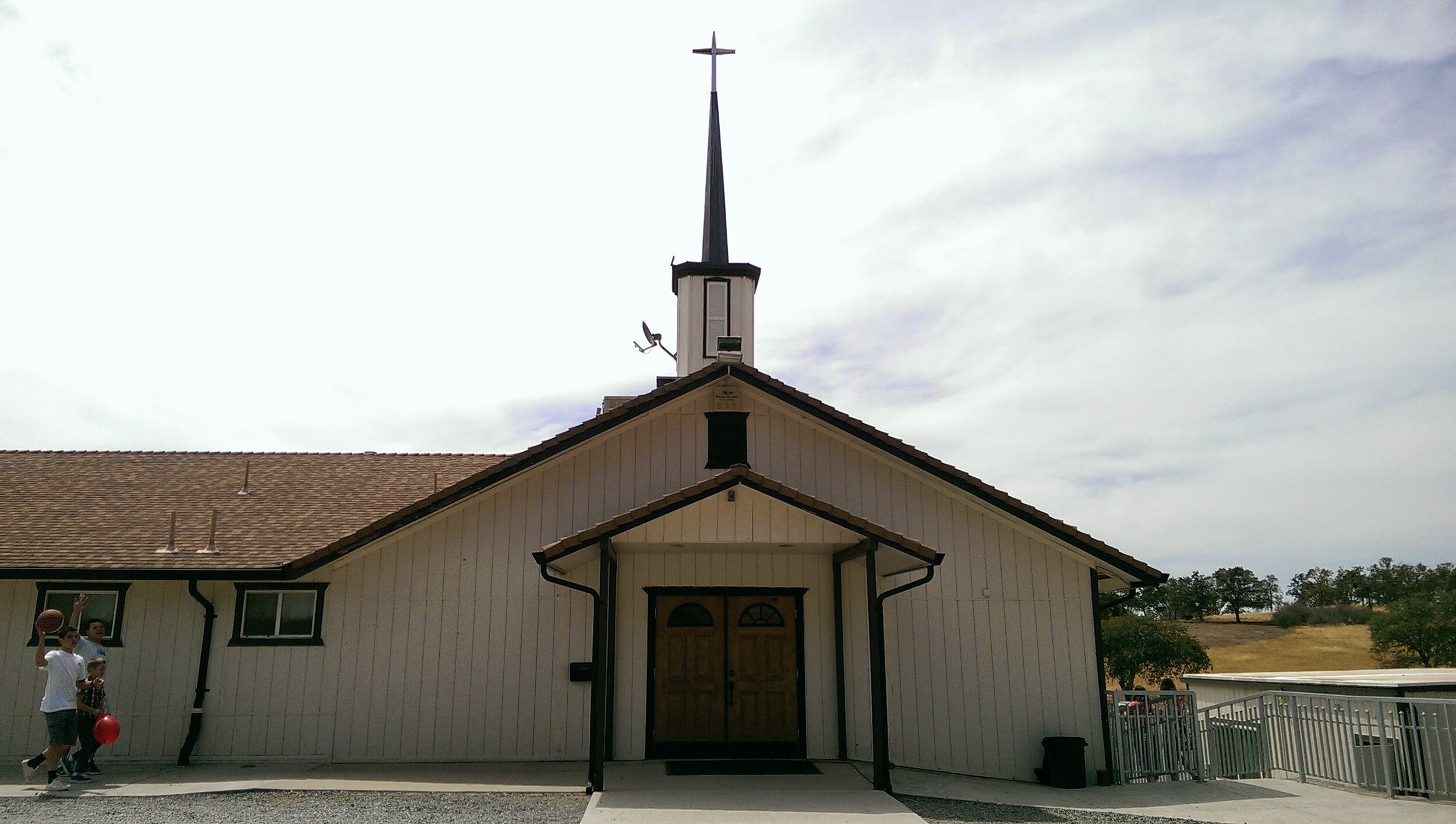In two decades of substitute teaching, I developed a morning introduction, “Good Morning class, I am Mr. Frei. I am not Ms…, I don’t look like her, I don’t walk like her, I don’t talk like her, I don’t smell like her, I don’t do my hair like her (I am bald), in fact I am nothing like her, so don’t be surprised that I don’t do things like her! Today, please don’t tell me, ‘But Ms… doesn’t do it that way. But Ms… always does it like this. Ms… lets us do that.’” But after this preemptive introductory speech, I would try hard follow as many of the routines the regular teacher had implemented in her/his classroom because the fewer routines I violated the better things usually went. We are creatures of habit, not just from K-12th grade but throughout life, and when our routines are interrupted we become somewhat disoriented.Zacharias and his wife Elizabeth were good at the religious routines. In fact, their religious routines shaped all the other routines of their lives (a good thing), and their observances of religious routines sprang from sincere hearts, “they were both righteous in God’s sight …” (Luke 1:6). As a priest, Zacharias was in the middle of rotation of tending to the Altar of Incense, an assignment that was all about very specific routines, and it was then that God spoke to him. He clearly had no expectation for a personal God moment to occur, even though he was in the Holy Place of the temple (Luke 1:12). As helpful as routines can be, they can also be a hindrance, they can confine us, especially when it comes to God, and they can make us reluctant to and even reject the very voice of God.Zacharias and Elizabeth did not only have their routine interrupted but also their resignation. They were childless, which was considered a blemish in their time. His response to the angel's announcements that within the next year they would have a child was, “I am old and so is my wife” Luke 1:18. They were resigned to childlessness, to old age, to the stigma. God interrupted that too. Makes me think back to my substitute teacher days, one of saddest things to see is a young child already resigned to limitations real or imagined. Zacharias, who as a priest should’ve known better, got a stern nine-month rebuke for letting his resignation to childlessness diminish his faith in what God could do in his and Elizabeth’s life.If we are honest, we don’t like our times of rest, of relaxation, of recreation be interrupted. We can get very grumpy, unkind, short, and irritated when that happens (probably not you), after all, that’s kind of “our time.” The night Jesus was born there were shepherds outside of Bethlehem watching their sheep (Luke 2:8). Sheep corralled and settled down it was time to get off the feet, sit by a fire, get out the harmonica, eat a snack, share some stories. The folks in Bethlehem were fast asleep, shops closed down, shutters closed, doors locked, comfy cozy under the covers in bed (Luke 2:17-20). Then the midnight ruckus of angels, the glory of God, and hollering shepherds in the streets. Goodbye sleep, adios relaxing, sayonara “my time.”Christmas – Jesus is the great interruption, including our routines, our resignation, and our rest. The question is, “How do we handle it when God interrupts them?” Do we quickly return to what we are comfortable with? Temper God to our limitations? Try to get back as fast as possible to whatever we were doing? Grumpily crawl back under the warm covers? Or are we embracing God’s Jesus interruption and in the middle of the night are found responsive to his voice, adjusting to his will, and shouting his praises?Merry Christmas! Love you, Pastor Hans
Der German shepherd
Pastor's Notes from a Country Preacher
×
Keywords
- Advent/Christmas
- America
- Bible
- Blessings
- Change
- Choices/Decisions
- Christianity
- Church
- Cross
- Easter
- Faith
- Fatherhood
- Forgiveness
- Freedom
- Giving/Generosity
- Godliness
- Gratefulness
- Grief
- Habits
- Holiness
- Hope
- Jesus
- Joy/Happiness
- Judgement
- Justice
- Kindness
- Love
- Neighbor
- New Year
- Parenting
- Patience
- Peace
- Politics/Election
- Prayer
- Racism
- Resilience
- Salvation
- Sanctification
- Servanthood
- Sin
- Spiritual Growth/Health
- Suffering
- Testimony
- Thanksgiving
- Tithe
- Transformation
- Transparency
- Wisdom
- Witness
